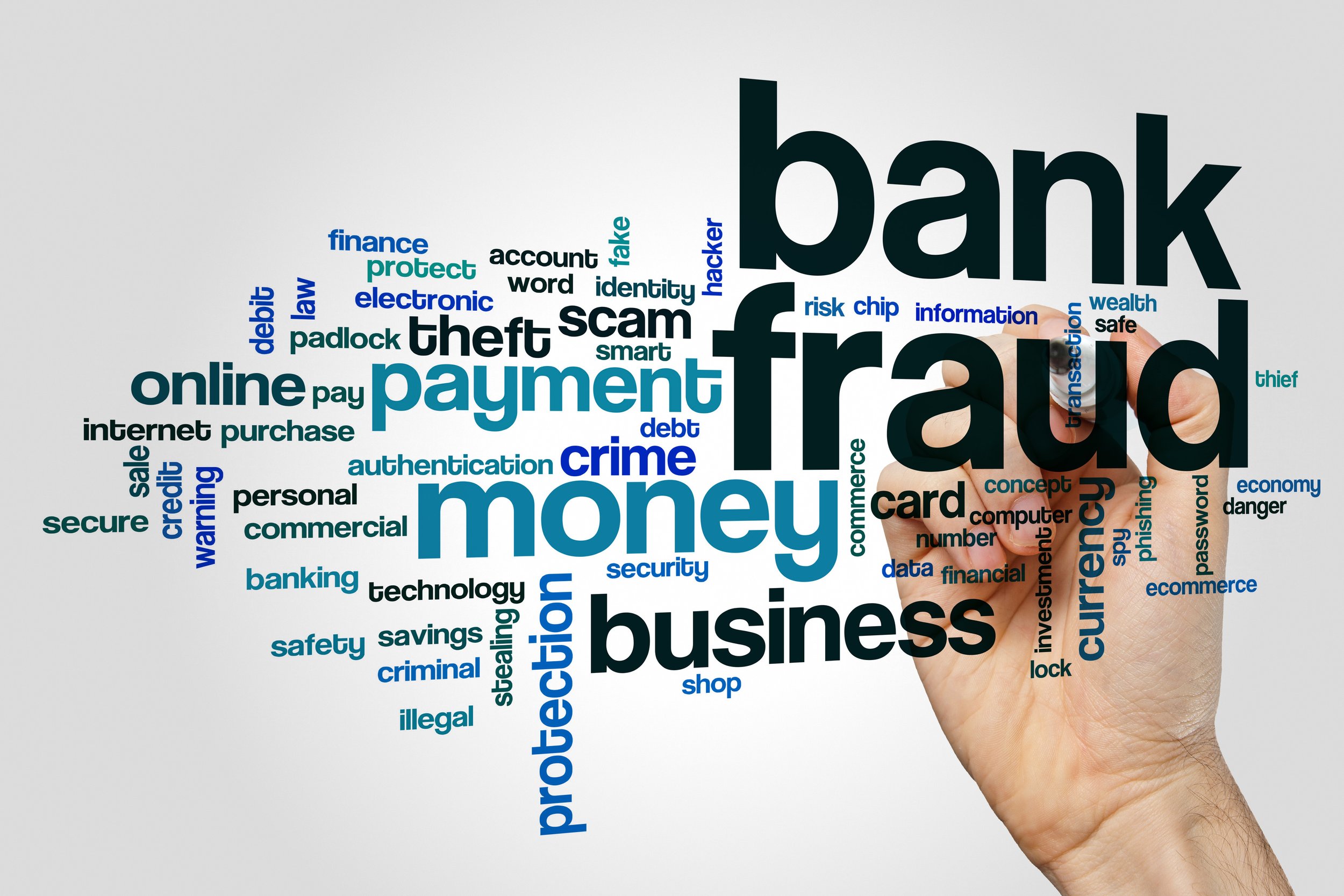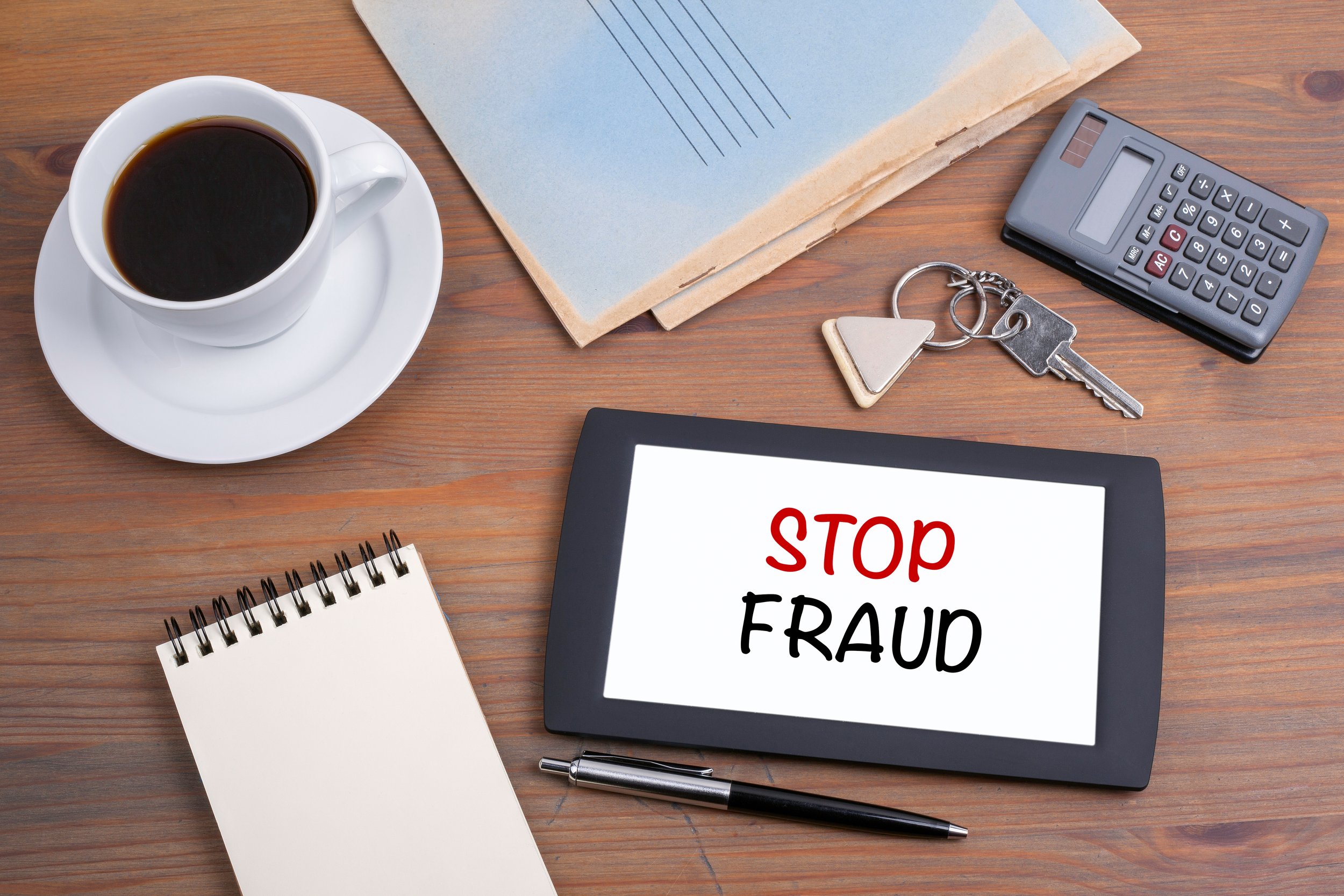🚨 BOLO 🚨 : Beware of phishing emails impersonating federal court CM/ECF notifications!
/🚨 Today, I received notices from two different courts about illicit emails posing as court communications (see pictures below). 📨 It can sometimes be easy to ignore the “generic” clerk’s e-mail.
🔒 Remember, scammers may send fake emails with malicious links or attachments claiming to be from courts. Always verify emails before clicking links or downloading files. Access court documents directly through official PACER/CM/ECF portals. 🛡️
🚫 Report suspicious emails to your court.
Stay vigilant to protect sensitive case information and maintain cybersecurity. 🛡️💻
From the United States District Court of Maryland…
From the United States Southern District Court of indiana…
















